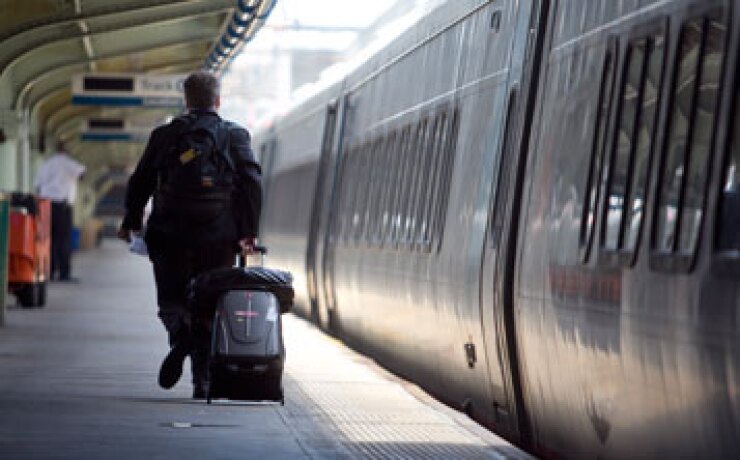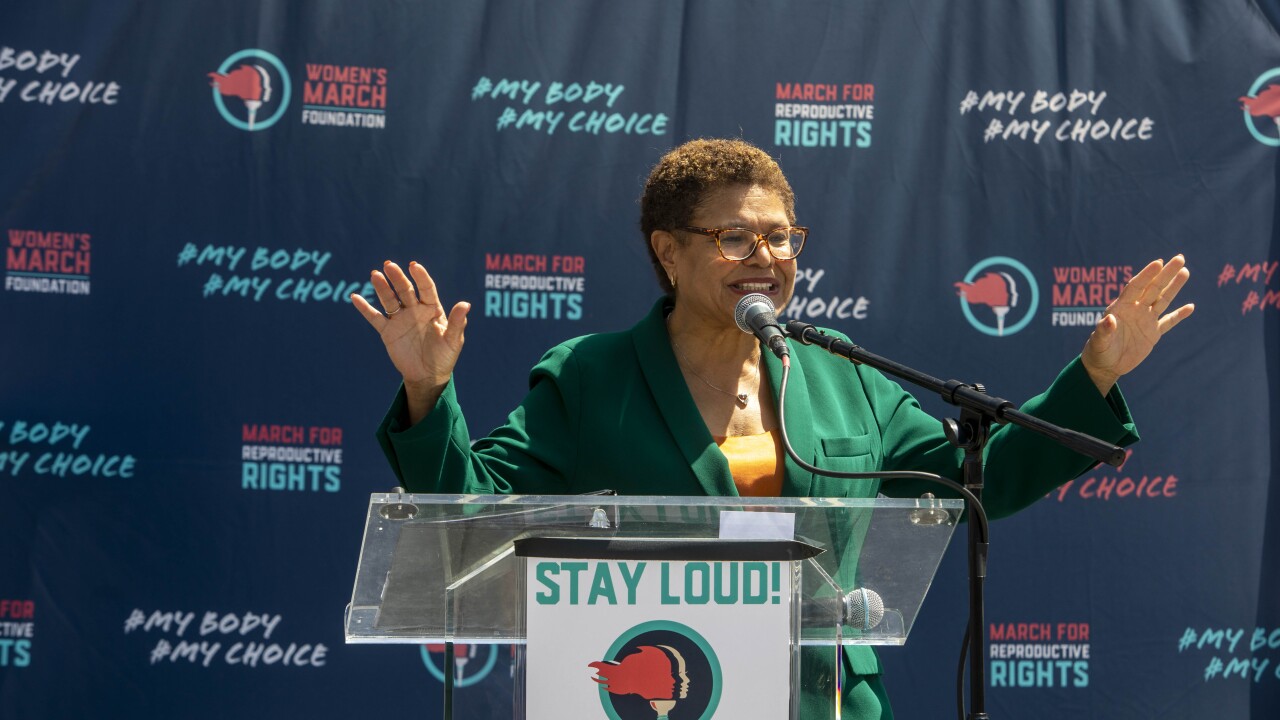
DALLAS - The House Transportation and Infrastructure Committee approved a four-year rail reauthorization bill Wednesday that would cut Amtrak's annual appropriation for rail projects to $770 million from the current $1.3 billion but is unlikely to move forward.
The Passenger Rail Reform and Investment Act of 2014 (HR 5449) directs the government-owned passenger rail corporation to put its annual profits from operations in the Northeast Corridor into a trust fund dedicated to rail infrastructure projects within the heavily traveled 450-mile long corridor between Washington, D.C., and Boston.
The proposal, which provides a total appropriation of $1.4 billion per year, reauthorizes the 2008 rail bill that expired at the end of fiscal 2013. The 2008 legislation included an overall appropriation for Amtrak of $1.9 billion a year, with $1.3 billion for capital projects and $600 million for operating expenses.
A new federal competitive grant program will provide $150 million a year to states and regional agencies for projects to upgrade or replace rail infrastructure within the Northeast Corridor.
States also would be able to get loans through a new special dedicated fund being created in the Federal Railroad Administration's Railroad Rehabilitation and Improvement Financing program.
The program, which is authorized to lend a total of $35 billion, has closed on $980 million of loans since 2009.
The measure adopted by the committee sets up two funds, one dedicated to the Northeast Corridor and another for Amtrak operations across the country.
The corridor fund allocation will begin at $439 million in fiscal 2015 and increase to $498 million in fiscal 2018, the final year in the reauthorization bill. The nationwide fund will receive $973 million in 2015 and $997 million in 2018.
The bill is unlikely to be approved in the Senate in the few days Congress will be in session before the November election, but committee chairman Rep. Bill Shuster, R-Pa., said it will be a firm foundation for legislation next year.
"Amtrak is, I think, important to this country, and passenger rail is extremely important to this corridor that contains 18% of the total U.S. population," Shuster said.
Rep. Jerrold Nadler, D-N.Y., said he would reluctantly support the bill sponsored by Shuster and Rep. Nick Rahall II, D-W.Va., the committee's ranking Democrat, despite the 40% cut in capital spending.
The Amtrak allocation is less than 2% of federal funding for highways, transit, and aviation, Nadler said.
"This bill is far from perfect, but it is probably our best hope right now," Nadler said. "The funding for Amtrak is grossly inadequate. It's a good first step, but it's only a first step."
Robert Yaro, chairman of the Northeast Alliance for Rail, praised the bill's dedication of Northeast Corridor rail revenues but blasted the 40% cut in Amtrak's capital budget in a letter to Shuster and other congressional leaders.
"We strongly oppose a final multi-year authorization bill that cuts the total federal funding allocation to Amtrak," Yaro said.
The Northeast Corridor alone has $52 billion in capital needs through 2030, which would require $2.6 billion per year over 20 years for the system to achieve a state of good repair and support travel forecasts, he said. "We cannot prevent major infrastructure failure on the Northeast Corridor and support important long-distance rail service without greater federal investment on an annual basis," Yaro said.
Passenger rail service in the Northeast corridor generated $400 million of profits in 2013 for the National Railroad Passenger Corp., Amtrak's official name. Daily operations in the corridor include 200 Amtrak trains and more than 1,800 commuter trains.





